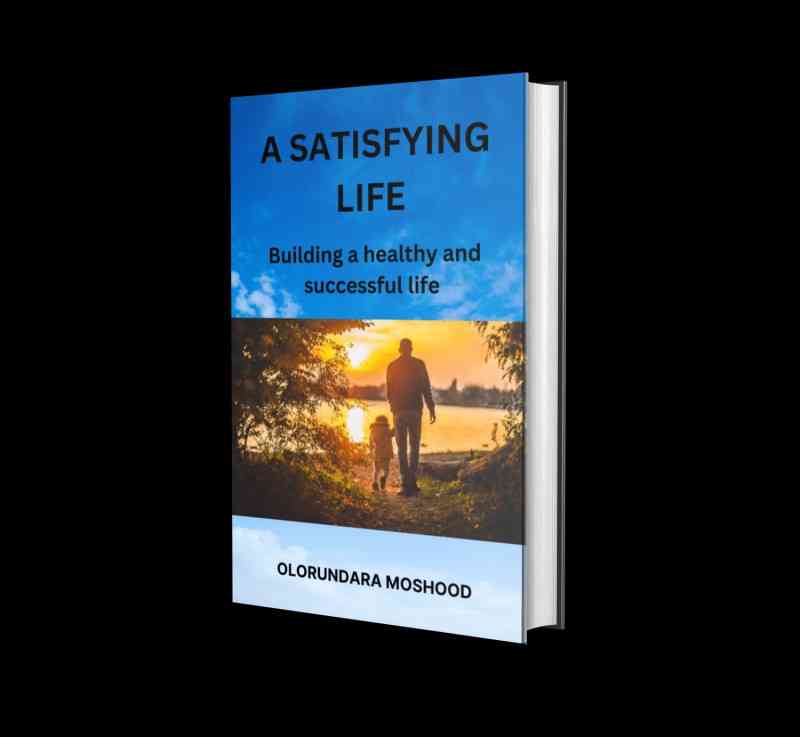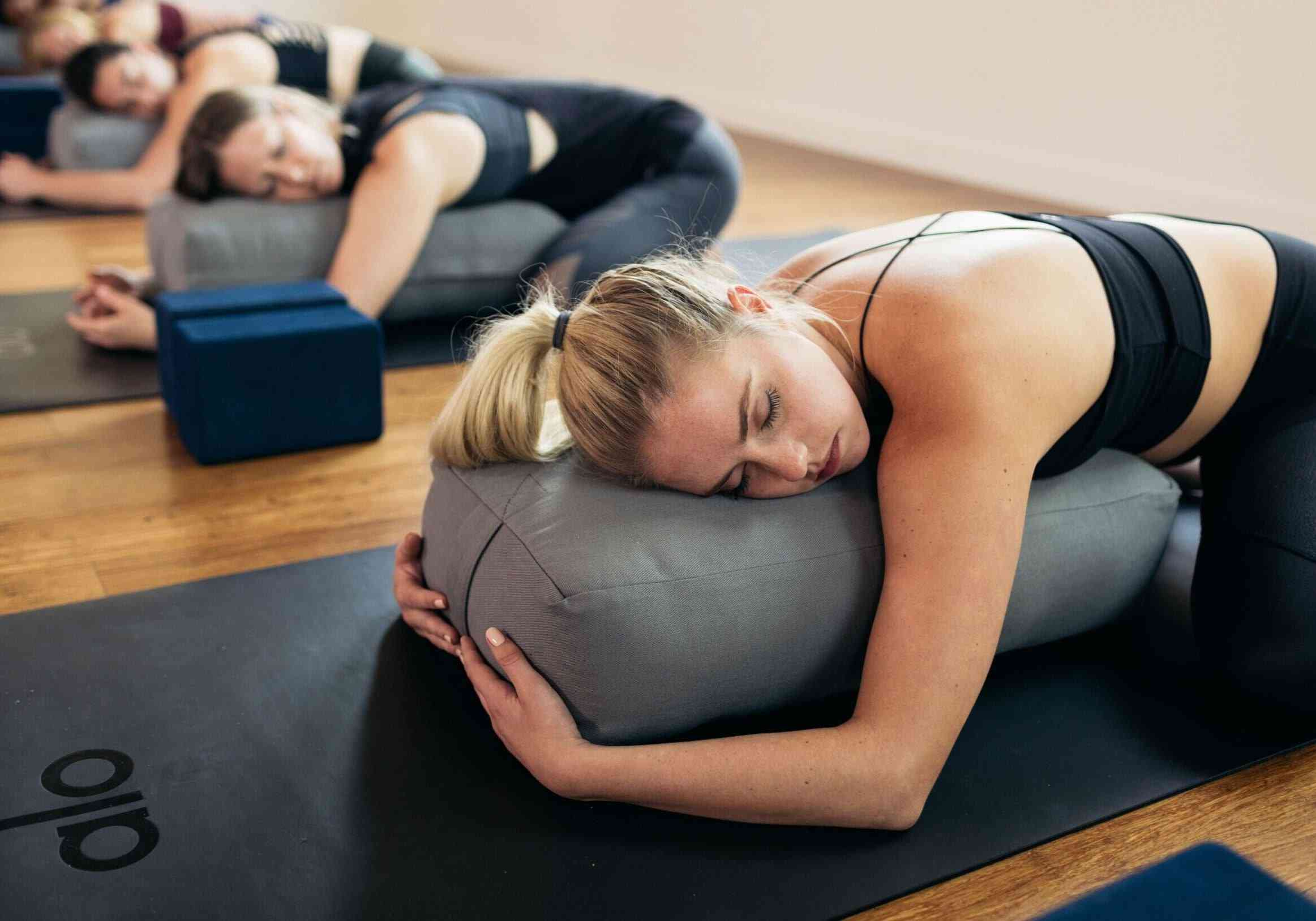 Joyzzy❤️🔥
Joyzzy❤️🔥
 1 year ago
1 year ago
{{ post.title }}
0
comments
Follow creator
 9 months ago
9 months ago
Should You Eat Sugar When Sick? See How It affects Your Health and Healing Speed
_1709716014.jpeg)

 Signup With Google
Signup With Google



 young
young


